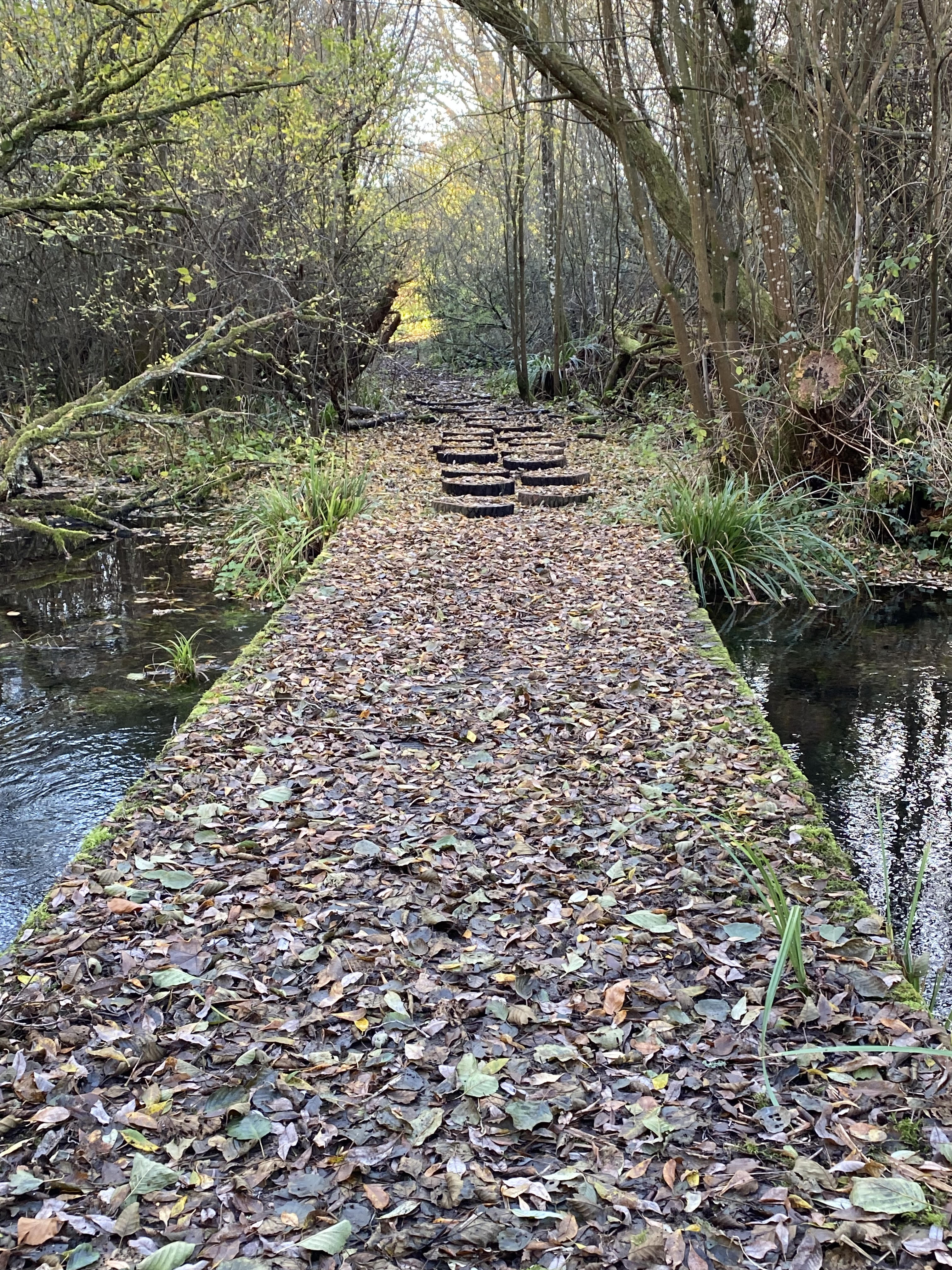

The DOT.66 programme is designed to help build everyday essential skills for everyday life in children with ASD et al. It is for children broadly between the developmental ages of 6 and 12 years.
Let's start with the 4 main underlying principles:
1. D stands for 'Do it Differently'.
We are creatures of habit and repeat patterns of interactions and behaviours without realising it. In simple terms, each time we 'do something' we build 'brain pathways' which allow us repeat that activity in the future. For many of the tasks and activities that we learn correctly, we finesse and improve our performance over time. This can obviously be a problem, however, if the pathway is an unhelpful or incorrectly learnt one. Can you think of a word that you always spell wrong? This is a practical example of error-repeated learning!
- Firstly, try and get an idea of why something isn't working. If you really can't figure it out, a working hypothesis is a good place to start. For example, perhaps Immie isn't dressing herself in the morning because she can't sequence the order of putting the clothing items on (this requires executive function skills such as forward thinking and working memory)? Or, perhaps she doesn't have sufficiently advanced co-ordination skills to manoeuvre her limbs and body into her school dress? Maybe her prior learning tells her that her jumper is horribly itchy (sensory issues) and so she will avoid wearing it at all costs? I always encourage parents to look for potential functional reasons why a child is struggling with any task. Deciding it is behavioural choice or Pathological Demand Avoidance (PDA) is unfortunately all too common. This in turn removes the opportunity to help actively build your child's missing or delayed skills.

- Knowing where the problem stems from can be enormously reassuring. It can take away the fear of the unknown. I have often shared simple 'workings of the brain' with children to make something they are struggling with less abstract. This, in turn, can help the child to see the purpose of trying something different so as to 'build a new brain pathway'.

- If something isn't working, try a different approach! When you find something that works - make a note of it so you can repeat it again. Good ideas are too easily lost. A simple example would be if your child has a meltdown when you say the word 'no'. By changing your response eg. 'I can see that you really want to .......', the outcome may be different.

2) O stands for 'Occupational Performance'
- What on earth does this mean? I hear you ask. Put simply, we're talking about how well we do in everyday life activities. Note the 'do'! We don't increase occupational performance skills by talking or by thinking about them, but by actually doing the task. Work, chores, hobbies, self-care, socialising, play, are all examples of daily tasks and activities (OT's call these daily occupations) where we need 'good enough' skills to be successful. We are not aiming for perfection here.
- As children move through the developmental years there are implicit expectations that they learn to prioritise, make decisions, organise themselves and build time efficient routines to get them through the day. Often, our children need assistance or props to help develop these skills. They don't automatically 'grow' by themselves.

- For successful occupational performance, the task we are doing needs to have some sort of relevance and meaning to the person carrying it out. You can see how conflict may easily arise here - what is a valuable or important task to you will not necessarily be held in the same high esteem by your child!!
- For children, their primary daily occupation is, perhaps unsurprisingly, Play. Restricted interests is a core feature of Autism, but children with other neuro-developmental conditions frequently have difficulties with play too. If your child's sole interests are screen-related they will be missing out on important opportunities to support different areas of their development. How can you extend your child's play? More on this topic later.

3) T stands for 'Take Time for your Team'.
- Daily life can be such a rush of competing activities and pressures that it can become overwhelming. Stop and take stock of the essentials. Rest, reflection, and recharging batteries is essential for growth and development. Even more so if your child has sleep issues which are impacting on you too.
- Taking the time to do activities together. Play with (or alongside) your child will reap benefits for you both too. Your family 'team' is so much stronger than the sum of its parts (to misquote Aristotle!).
- For a host of complex reasons, neuro-different children often grow up feeling isolated, excluded, marginalised and judged. You have a crucial life role as your child's biggest advocate. Making it clear in no uncertain terms that they are not alone in their struggles. You are on their side. Team X (family name) against the world, right? Try shifting your own language away from 'you need to....', 'you could have / should have / shouldn't have / must / mustn't......' etc, statements. In the long run they reinforce feelings of difference and isolation. Just as team trainers often say 'there is no 'I' in team', well, there is no 'u' (you) either!!. Instead, test out replacing 'I's and 'You's with 'we' when you are building your child's skills for everyday life ie. 'why don't we try.....', shall we.... next?', 'we could always.....', we need to......soon' etc.
- It can be comforting for your child to know that they don't have to 'go it alone' when so many routine everyday activities are tough for them.

4) Finally, 66.
The number 66 represents balance, harmony, unity and coming together as one . It also symbolises peace, love, and understanding. Each of us needs plenty of '66' to thrive.
Oh, and it's also (not entirely coincidentally) the 2 numbers found in my post-code - which is what sparked my initial curiosity about it!
I will, over the course of the next year, aim to share 66 of the top strategies, learning resources and other fresh ideas I have used in my clinical practice. I will update the Skill Builders list below on a regular basis.

DOT.66 Skill Builders
Week 1: Managing Big Feelings: The Emotion Makers